Bali, and Indonesia as a whole, are experiencing a major outbreak of Foot and Mouth Disease. The virus affected animals with cloven feet like cows, buffalo, goats, sheep, pigs, camels, deer and alpacas. Until now the outbreak has largely been contained within farms across Bali. Now biosecurity measures are being increased across other animal facilities on the island, including at Bali Safari Park.
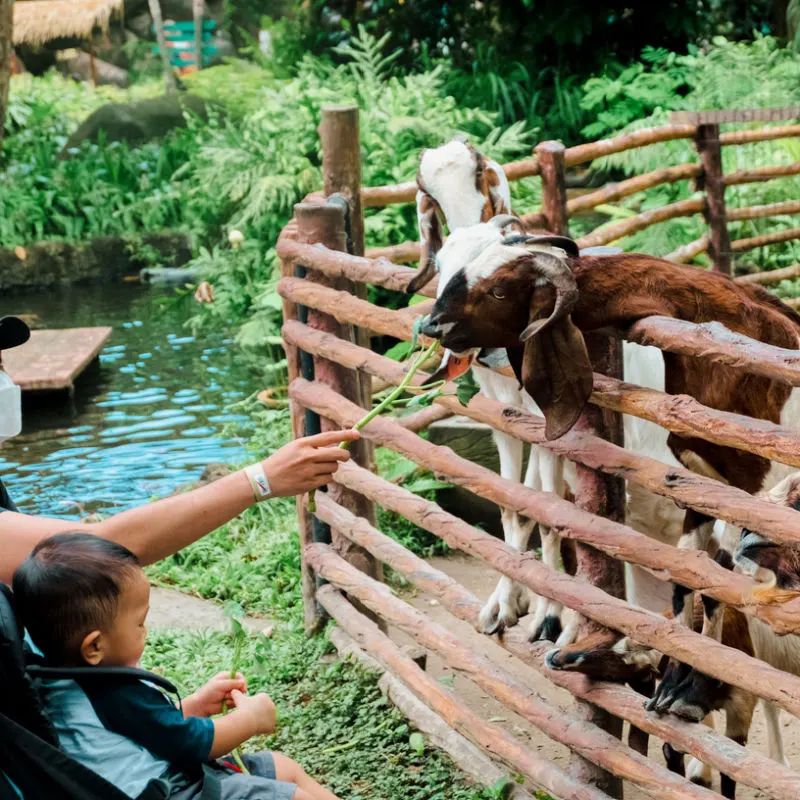
Bali Safari Park is one of Bali’s leading tourist attractions. The facility is overseen by the parent company Taman Safari Indonesia TSI) which operates safari parks and zoos across Indonesia. The Chief Operating Officer of TSI Group told reporters that the company is taking the situation very seriously.
Adrian Cecil told reporters ‘Especially the hotspots in East Java, we have temporarily stopped feeding so that transmission of disease from humans to animals can be avoided’. Public feeding and contact with at-risk animals have been stopped at Bali Safari Park too.
The General Manager of Bali Safari Park, Marcel Driessen, spoke with local newspapers about how the facility is working to reduce the risk of Foot and Mouth Disease for their animals and risk of visitors forming bio-bridges for the disease to move. Measures are also being introduced to help visitors reduce the risk of becoming transmission vessels for the virus.
The virus, also known as penyakit kaki dan mulut (PMK) in Indonesia, can survive on shoes, clothing, and in mud for up to 6-months in the right conditions. Not only do visitors pose a risk to the Safari Park’s animals, but also livestock and landscapes livestock is grazed on that they may visit after their day out. As a safari park the facility is home to cloven foot animals from all over the world, including rare buffalo, cows, goat and deer species.
Driessen and his team have introduced stringent disinfectant measures for both visitors and vehicles to help reduce the risk of the disease spreading. He said ‘All vehicles such as cars and scooters as well as other mobility devices pass through the disinfectant pool’.
This includes vehicles that are bringing supplies to the safari park. All trucks and vans must be sprayed with disinfectant, the driver must go through shoe sanitizing and drivers will be briefed about protocol before being allowed to enter the supplier’s warehouse at the park.
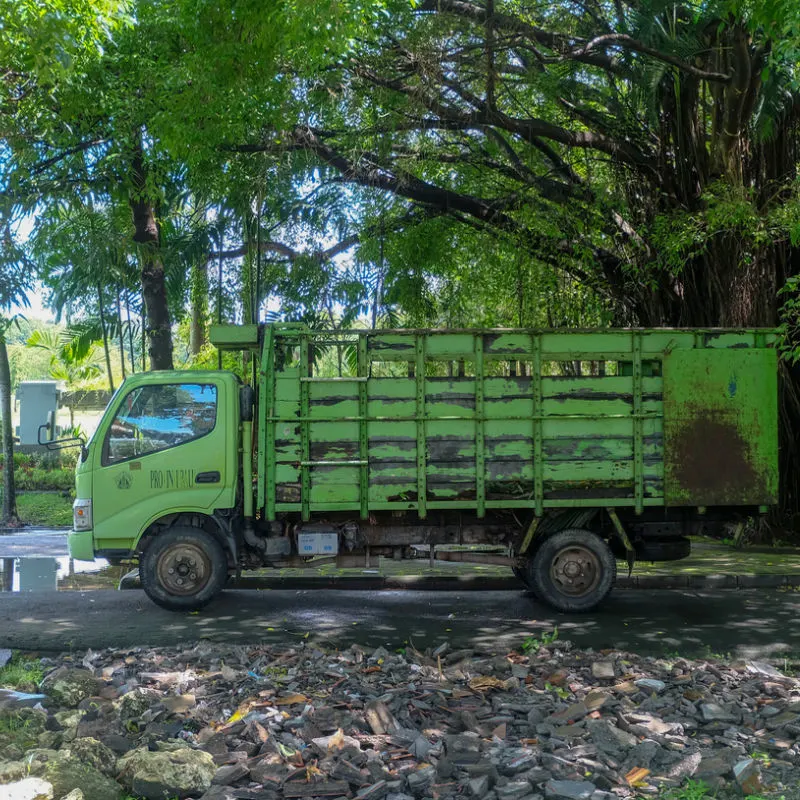
The staff has also been briefed and given more information about Foot and Mouth Disease that they can bring back to their families. It is thought that although awareness about Foot and Mouth Disease is increasing in the farming community in Bali, other local people have limited awareness of PMK and need to be better informed to support farmers and rural communities.
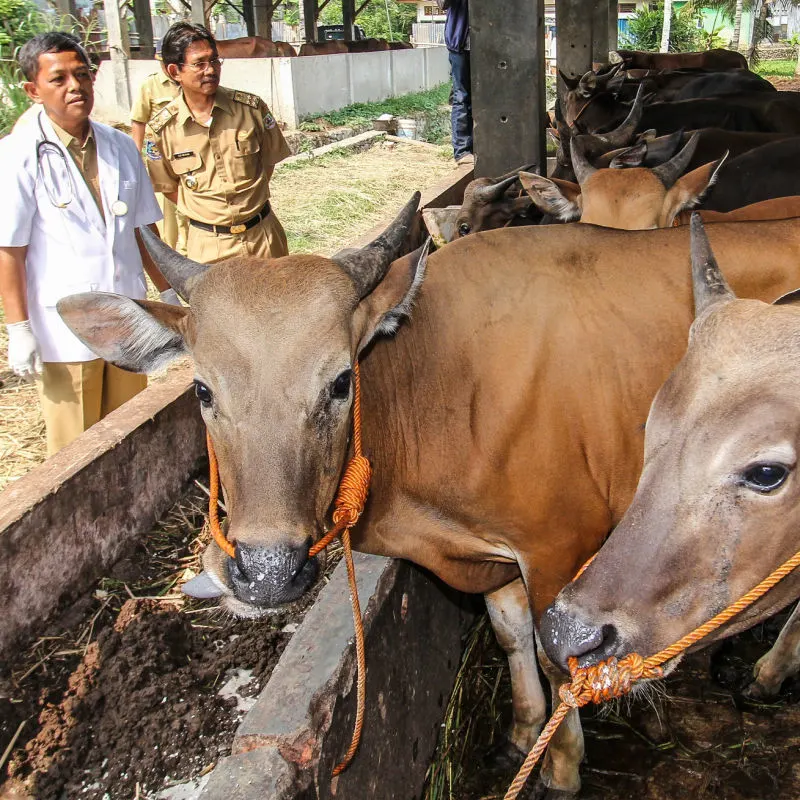
Driessen said that ‘We also socialized all employees about the dangers of FMD contamination about three weeks ago, of which our employees, mostly from local residents, to be careful not only in animal parks but also at home and are also expected to help inform their families and the community [about the dangers of FMD]’.
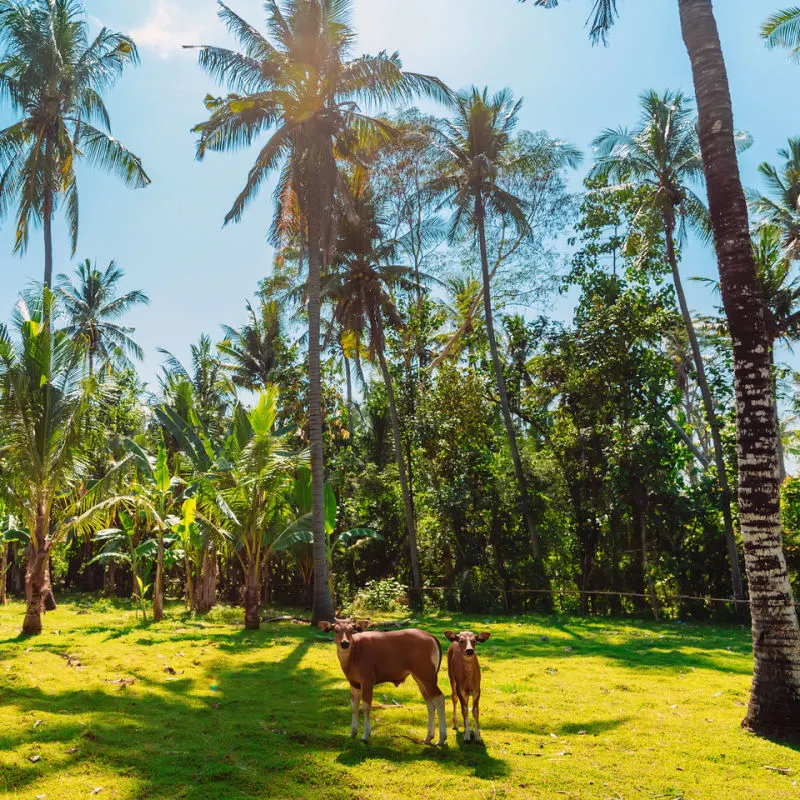
Bali Safari Park has also made changes to the water management system for their animals. Usually, their animals have access to water in their enclosures which comes from the Subak Waterway. Due to cases in cattle upstream there are concerns that the waterway is now contaminated.
He said ‘We have a Subak water channel that comes from outside to enter the animal park so that the channel is diverted and animals are not allowed to consume the water again, which is feared to be contaminated’.
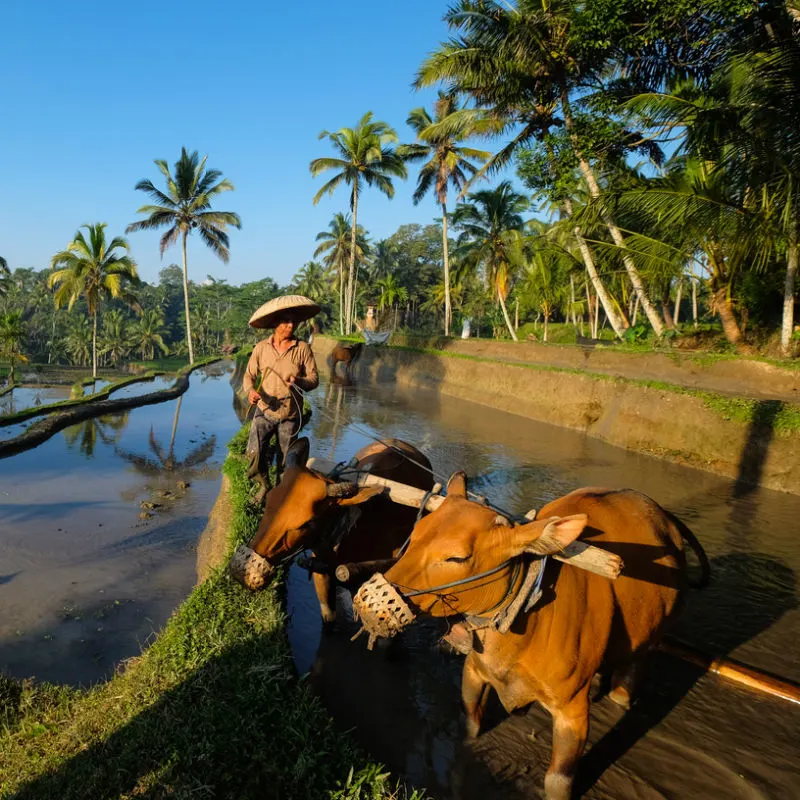
The most noticeable difference for visitors to Bali Safari Park is the sanitation mats that are installed throughout the park. The disinfectant mats simply sanitized shoes and are a major contributor to the risk reduction process.
These kinds of mats have also been installed in airports across Australia and New Zealand to help reduce the risk of Foot and Mouth Disease being carried into the countries by tourists returning from their holiday in Bali.
Remove All Ads & Unlock All Articles… Sign up for The Bali Sun Premium

Plan Your Bali Holiday:
Book The Best English Speaking Drivers For Airport Transfers & Tours
Choose From Thousands of Bali Hotels, Resorts, and Hostels with Free Cancellation On Most Properties
Book Cheap Flights To Bali
Don’t Forget Travel Insurance That Covers Medical Expenses In Bali
For the latest Bali News & Debate Join our Facebook Community
SUBSCRIBE TO NEW POSTS
Enter your email address to subscribe to The Bali Sun’s latest breaking news, straight to your inbox.
Discover more from The Bali Sun
Subscribe to get the latest posts sent to your email.

Randy
Friday 5th of August 2022
It's odd that other countries like Europe, the US and Canada where a number of tourists have come and gone to Bali and no alarm bells rang like in Australia and New Zealand. No bio security measures that we heard of are actually taking place in those respective countries in the West.